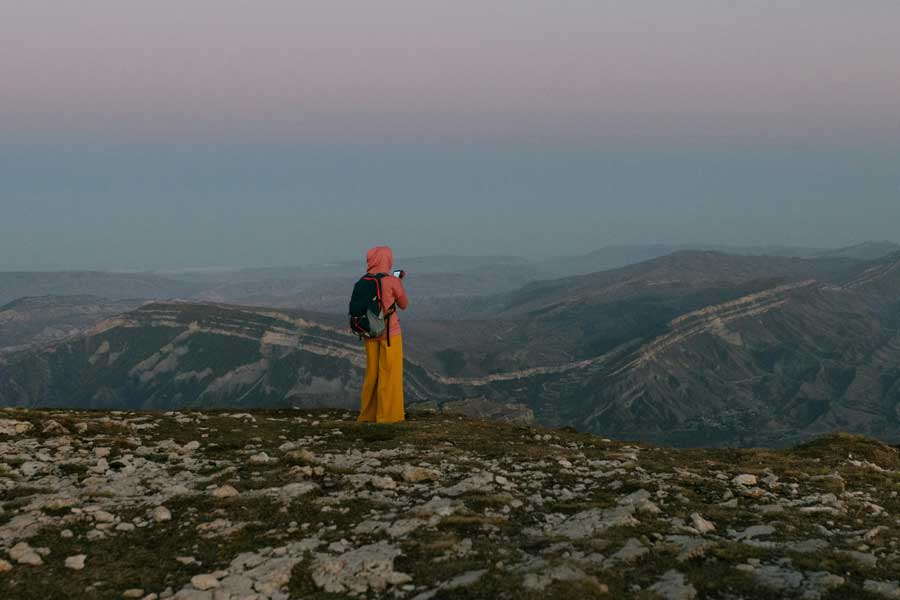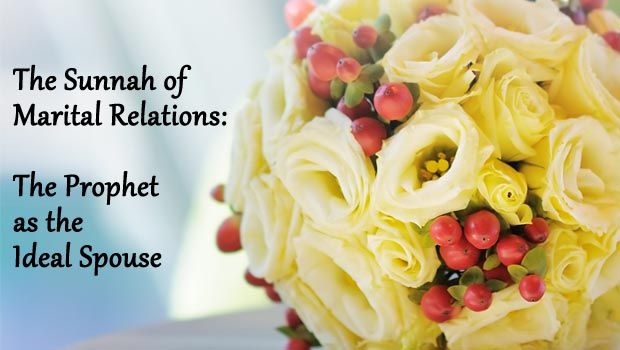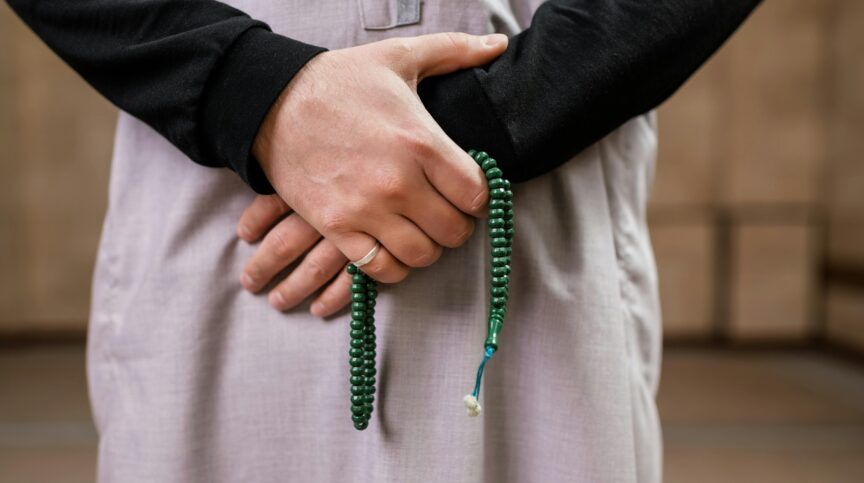Modesty is a deeply personal decision that looks different on every woman and girl who chooses it. It can be rooted in faith, culture, self-worth, or all of them. For me – when I was around 13 and about two years into wearing hijab – I realized modesty was empowering instead of oppressive, contrary to what the media often portrayed. That was the first time I really remember noticing how society responded to modest women, especially those who wore hijab like me. I can still hear the voices of men as they walked by, sometimes whispering, sometimes not even attempting to be discreet.
“Oh, she’s one of those Muslims. You have to respect her.”
Or, “You gotta talk to her daddy before you can speak to her.”
I’m pretty sure some of it was meant as respect; nevertheless, it always felt a little strange to me, as if I wasn’t seen as a full person, but merely as a symbol. Of course, for every comment like those, there were plenty of stares, smirks, outbursts – “You must be oppressed!” – as well. It’s almost as if some in society cannot imagine a woman would choose to cover herself for any reason other than being forced by a man. Likewise, it can be difficult for others to grasp that a woman might practice modesty in adherence to her faith or simply because she wants to.
However, if more people understood that hijab isn’t just a headscarf or a piece of clothing, but instead about behavior and conduct, they’d realize the choice to cover runs much deeper than fabric. It’s not just what you put on, it’s a mindset, a boundary, a form of protection, and – for some – a way of demanding to be seen for who you really are, not just what you look like.
What’s more, while clothes absolutely are a form of self-expression, they’re also a means of communication. When you dress modestly, you signal to the world, “You’re going to have to go deeper to get to know me.” It almost forces you to look inward. Instead of focusing on dressing to impress strangers, the focus becomes dressing in a way that honors your body, your values, and your purpose.
Modesty brings challenges and confidence
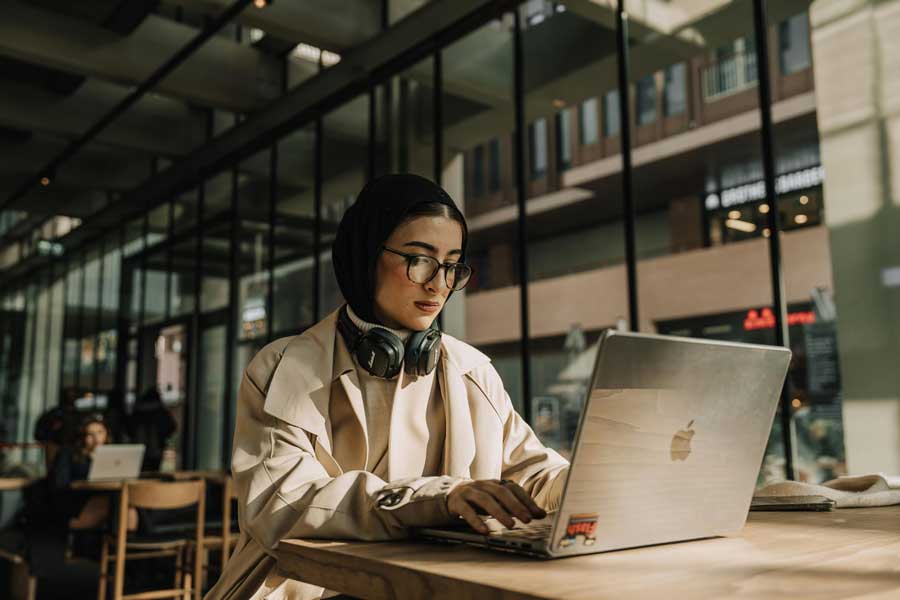 Of course, that doesn’t always make it easy, particularly if you love fashion. I’ve had to find my balance between covering my skin, shape, and hair, all while still showing my personality and creativity. However, I see that as part and parcel of the beauty of modesty; it’s a challenge that invites you to get creative and intentional. It’s not about hiding, instead it puts the focus on highlighting what you choose to show and how you choose to be viewed.
Of course, that doesn’t always make it easy, particularly if you love fashion. I’ve had to find my balance between covering my skin, shape, and hair, all while still showing my personality and creativity. However, I see that as part and parcel of the beauty of modesty; it’s a challenge that invites you to get creative and intentional. It’s not about hiding, instead it puts the focus on highlighting what you choose to show and how you choose to be viewed.
There’s also a particular kind of confidence that comes from not needing to display your body or be validated. When you’re dressing for the pleasure of Allah (SWT) and for your own peace instead of society’s approval, it greatly shifts your intention. When choosing what to wear, you’re not seeking approval, online “likes,” stares, or compliments. This affords a kind of freedom many people don’t fully understand until they experience it.
That said, the journey isn’t linear. Our faith increases and decreases, and some seasons feel harder than others. There are days when wearing hijab feels like second nature and others when it seems like a struggle. When faced with those challenges, I always come back to my why: I do it for the pleasure of Allah (SWT), and I do it because He (SWT) commanded it. What’s more, and perhaps most importantly, I recognize there’s beauty and reward in that obedience, even when it’s difficult.
Modestly brings meaning
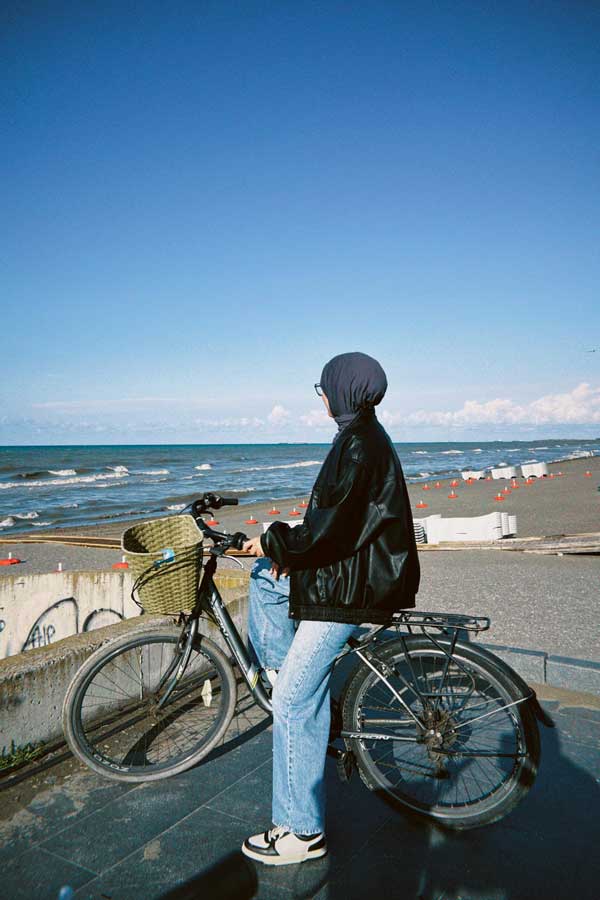 Covered women will always carry a certain kind of mystery. When we walk into a room, people have to listen more carefully, engage more intentionally, and pay attention to what we’re saying and doing, not just how we look. We aren’t immediately offering up everything to be seen, so the world has to dig deeper. That alone changes how others interact with us. It’s a quiet kind of power, a silent demand to be respected, and an effective way to be heard.
Covered women will always carry a certain kind of mystery. When we walk into a room, people have to listen more carefully, engage more intentionally, and pay attention to what we’re saying and doing, not just how we look. We aren’t immediately offering up everything to be seen, so the world has to dig deeper. That alone changes how others interact with us. It’s a quiet kind of power, a silent demand to be respected, and an effective way to be heard.
But let’s be honest, every woman wants to feel beautiful. However, remember there’s something so sacred and grounding about the kind of beauty that doesn’t rely on external validation. It’s internal, it’s spiritual, and it’s rooted in knowing your worth isn’t on display for everyone to consume.
As for me, I believe, whether a woman covers her body or not, most of us do feel like our bodies are sacred. We understand they’re not meant to be shared with just anyone, be it emotionally, mentally, or spiritually. So, in that way, modesty is just another form of protection and an extension of boundaries, which we can wield as an act of self-respect and dignity.
It’s also important to note that modesty isn’t exclusive to Islam, even though it’s often treated as such. Women in other faiths such as Christianity and Judaism indeed have modest dress traditions. But somehow, when a Muslim woman covers the conversation oftentimes turns to oppression, a double standard I believe should be called out more frequently.
Modesty brings freedom
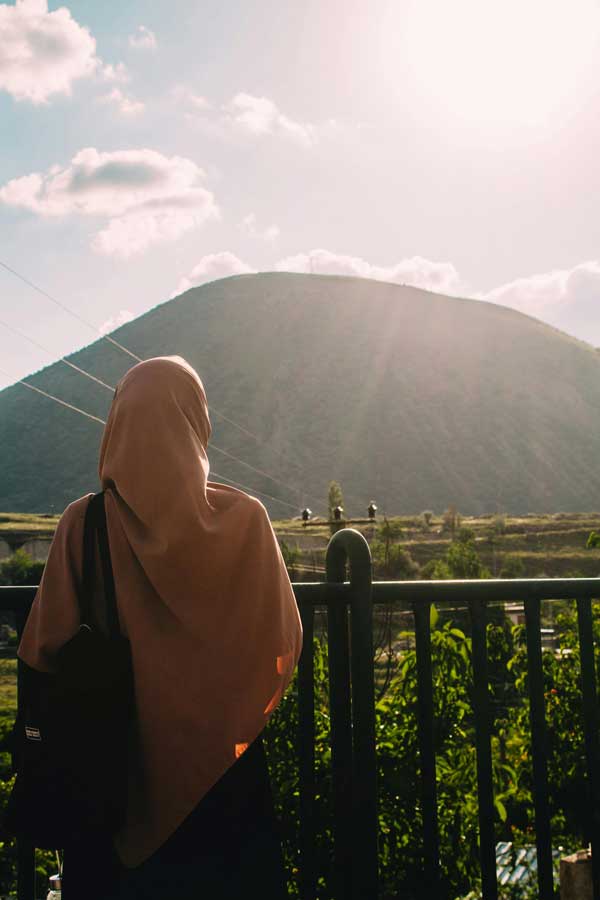 We live in a society that pushes hyper-visibility, often turning women into products and objects and telling us our value lies in how attractive or desirable we are. Your face, your hair, your waistline – all these things are treated as some sort of currency. In fact, it’s pushed so hard that some are literally cutting into their bodies to meet an ever-shifting aesthetic standard. Today, in the name of “freedom,” we’re told true autonomy means showing everything there is to display.
We live in a society that pushes hyper-visibility, often turning women into products and objects and telling us our value lies in how attractive or desirable we are. Your face, your hair, your waistline – all these things are treated as some sort of currency. In fact, it’s pushed so hard that some are literally cutting into their bodies to meet an ever-shifting aesthetic standard. Today, in the name of “freedom,” we’re told true autonomy means showing everything there is to display.
However, Islam teaches us the opposite, that freedom comes from submitting to something higher, from choosing modesty and boundaries and knowing your worth is not for sale. Allah (SWT) says, “And tell the believing women to lower their gaze and guard their modesty; that they should not display their beauty and ornaments except what must ordinarily appear thereof; and to draw their veils over their bosoms…” (Quran 24:31)
This verse isn’t meant to limit us; instead, it aims to protect us, and I fear that’s what many people miss. To my mind, real freedom isn’t about how much skin you show, but it’s about having the choice to decide how you want to show up in the world. It’s about defining your own values and not letting the world define them for you. It’s also about honoring yourself, even when that choice makes other people uncomfortable.
Remember, modesty calls you to a higher standard. It asks you to live and act with intention, and to purify your heart along the way. Even on the days it feels heavy, I am always reminded that I wear this not just because I have to, but because I choose to. To me, that is the real means of wearing freedom.

